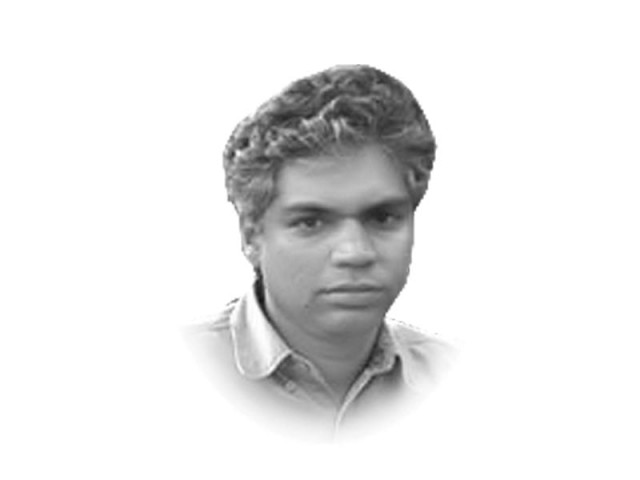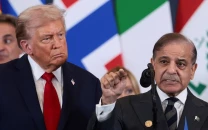Caste and capital
Caste is losing its grip over dalits because India is industrialising, urbanising and modernising.

Caste and capital
The motto of Indian dalit entrepreneurs to “fight caste with capital” is as profound as it is startling. Members of the Dalit Indian Chamber of Commerce and Industry (DICCI) got together at a convention in Lucknow, on October 14, to give effect to the dictum by formally endorsing the Union government’s decision to allow foreign capital in multi-brand retail and welcoming big corporations of the world to do business in India.
Dalits, known formally as the Scheduled Castes and Tribes of India, number about 300 million. They have been treated as the lowest in the caste order and, not surprisingly, are among the poorest in the country. The new DICCI slogan marks a fundamental shift in dalit attitude to caste-based democracy, moving from the traditional demand for reservation in education and government jobs to cooperating with global capital. Political parties may have to rewrite their manifestos, right now so full of the tedious promises to protect dalits with jobs and sops.
Dalit thinker and writer, Chandrabhan Prasad, declared at the convention that dalits “don’t need reservation to grow. Instead, they need ample business opportunities to prove their merit.” He called on the industry to support dalits on a “partnership model instead of a patronage model” to help them break free from the conventional commercial culture of India, which runs on caste lines. Prasad is one among leading dalit thinkers who believes in the West and in its ideas of city, democracy, capital and primacy of the English language.
Prasad has even designed a brand new deity, ‘Goddess of English’ (Angrezi Devi Maiyaa), for whom he is building a temple in Uttar Pradesh, in the face of furious opposition from conventional quarters. His two-foot bronze goddess, modelled on the Statue of Liberty, stands on a pedestal representing a computer, sports a hat, holds a pen in her right hand and the Constitution of India in her left. Prasad holds that in the next two decades, there will be no jobs in India for anyone who cannot speak English. “If we don’t do something now, the dalits will not be job worthy,” he says. The deity is a powerful defiance of the Indian scriptures in Sanskrit, a language traditionally prohibited for the dalits and a knowledge system denied to them for thousands of years. The dalits are determined that English will not be similarly denied to them.
But it is the dalit endorsement of capitalism itself that is startling. In an interview last year, DICCI Chairman Milind Kamble said: “Capitalism dismantles rural societies and feudalism. Capitalism dismantles traditions and traditional cultures. Capitalism produces urban societies, democracy and modernity. India’s caste system thrived and survived on agrarianism and traditional culture. Caste is losing its grip over dalits because India is industrialising, urbanising and modernising. Dalit capitalism will accelerate that process and will accord a human face to Indian capitalism. Caste and capital can’t coexist. One has to give way to the other.” The dalit thinkers are now letting go of the demand for reservation as a priority because “government jobs will always be limited, but enterprise is limitless”.
The city offers freedom because a dalit or any low-caste Indian has the best opportunity to lose the oppressive caste identity in it, where he or she can walk in the street without the rural 24-by-7 tags of a ‘barber’s son’ or a ‘butcher’s daughter’, in blessed anonymity, in jeans and T-shirts. Global capitalism offers dignity because the multinational employer imagines all Indians in one colour, even if it is of various tones. The language of global capitalism in India is English. And freedom is money. Like Kamble said, “Without economic independence, dalits can never gain social independence. Without economic equality, there can never be social equality. Without a strong capitalist class within dalits, dalit politicians can never become strong.” The dalits, like Indian Muslims, could then have the strongest case to shed regional identities and set the national agenda.
Published in The Express Tribune, October 19th, 2012.














COMMENTS
Comments are moderated and generally will be posted if they are on-topic and not abusive.
For more information, please see our Comments FAQ